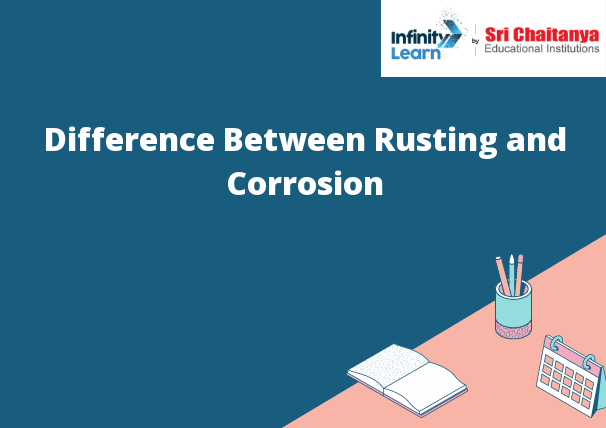Table of Contents
Difference Between Rusting and Corrosion
Rusting and corrosion are two types of metal degradation. Rusting is the formation of iron oxide on the surface of a metal, while corrosion is the general term for the chemical reaction that leads to metal degradation. Rusting is a specific type of corrosion that occurs when iron or steel is exposed to oxygen and water. The combination of oxygen and water molecules creates a corrosive environment that causes the metal to deteriorate.

Rusting v/s Corrosion
Rusting is the corrosion of iron and its alloys. Rusting occurs when the metal is exposed to oxygen and water. Rusting is a form of corrosion.
Corrosion is the general term for all types of chemical or electrochemical degradation of metals and alloys.
What is Rusting?
Rusting is the process of corrosion of iron or steel by oxygen and water. Rusting is a type of corrosion.
What is Corrosion?
Corrosion is a natural process that occurs when a metal or alloy reacts with its environment. The metal or alloy reacts with the surrounding elements to form a new compound. This can cause the metal or alloy to deteriorate and eventually fail.
Difference between Corrosion and Rusting
The main difference between corrosion and rusting is that corrosion is a general term that refers to the deterioration of a material, while rusting is a specific type of corrosion that results in the formation of iron oxide.
What is Rancidity?
Rancidity is a term used to describe the process by which fats, oils, and other lipid-containing substances undergo a chemical change that makes them taste and smell unpleasant. The term is often used to describe the spoilage of food, but it can also refer to the natural aging of certain oils and fats.
Prevention from Corrosion, Rusting, and Rancidity
There are three main ways to prevent corrosion, rusting, and rancidity:
1. Prevention from Occurrence
The first way is to prevent the corrosion, rusting, and rancidity from ever occurring. This can be done by properly maintaining and cleaning your equipment and ensuring that all the parts are properly lubricated. You should also avoid leaving your equipment in harsh or wet environments.
2. Prevention from Exposure
If you cannot prevent the corrosion, rusting, and rancidity from occurring, the next step is to prevent them from exposure. This can be done by using corrosion-resistant materials, coating your equipment with a rust-inhibiting paint, or using a rancidity-inhibiting oil or grease.
3. Prevention from Damage
If prevention from exposure is not possible or does not work, the last step is to repair or replace the damaged parts.








